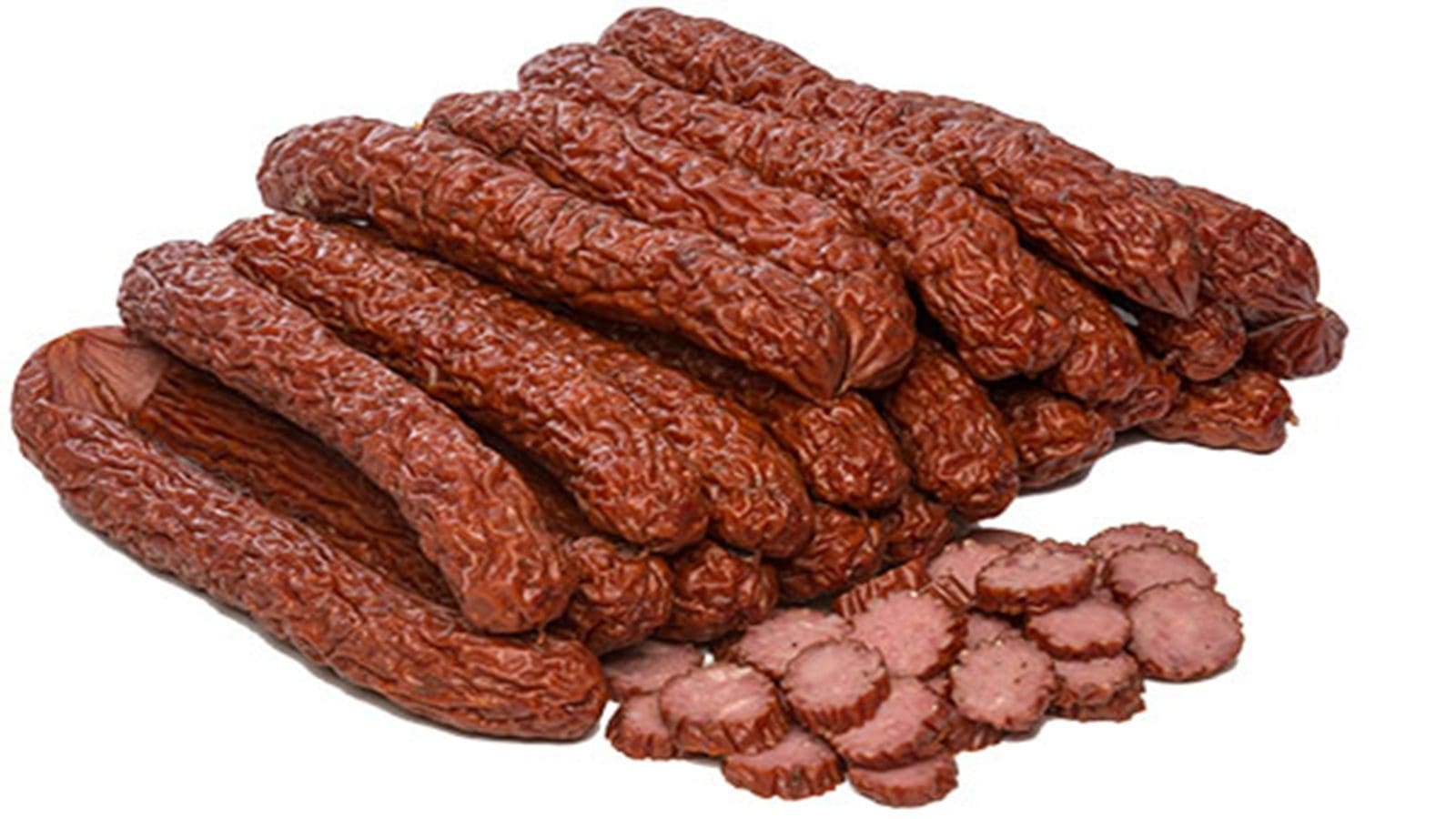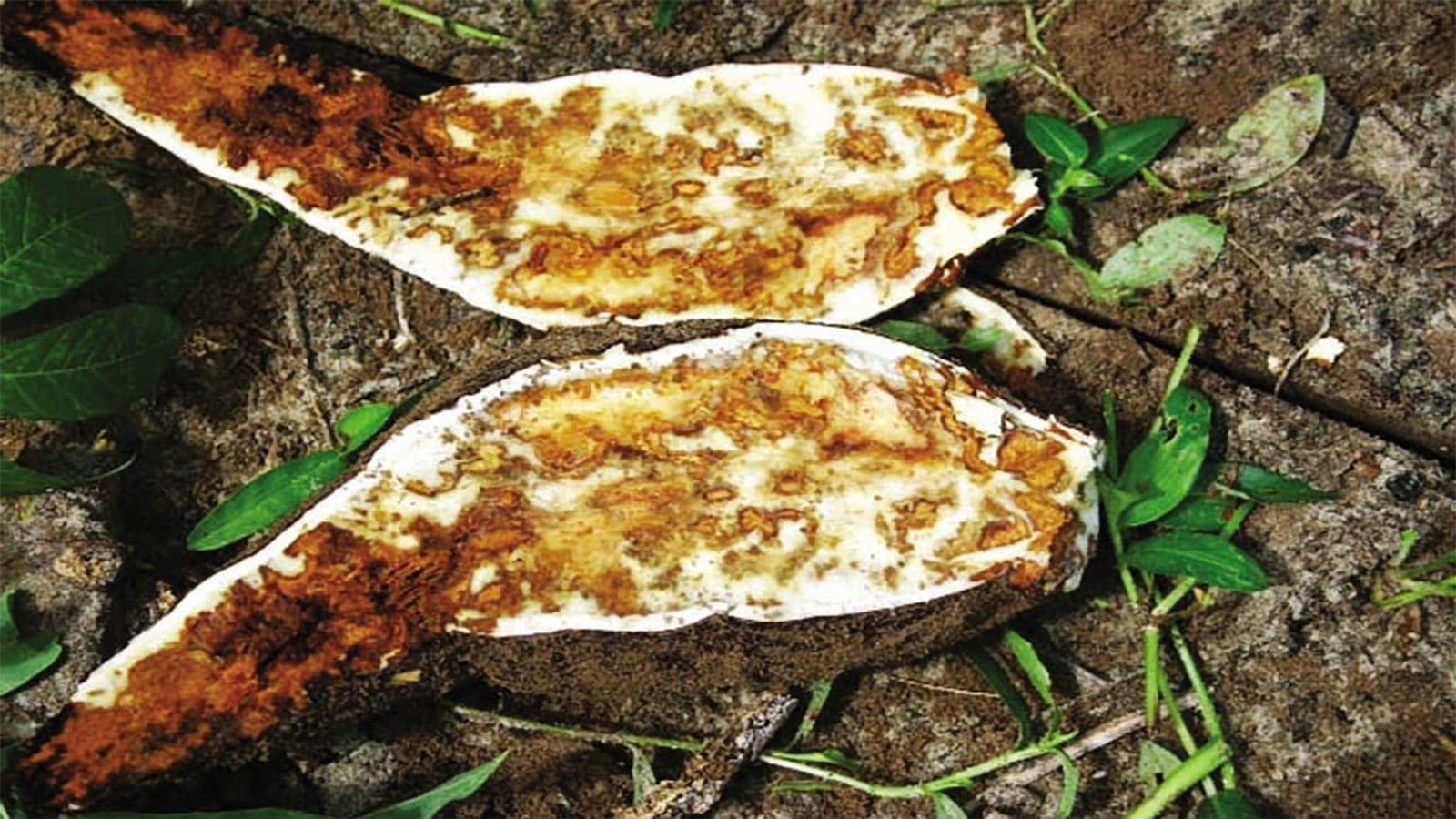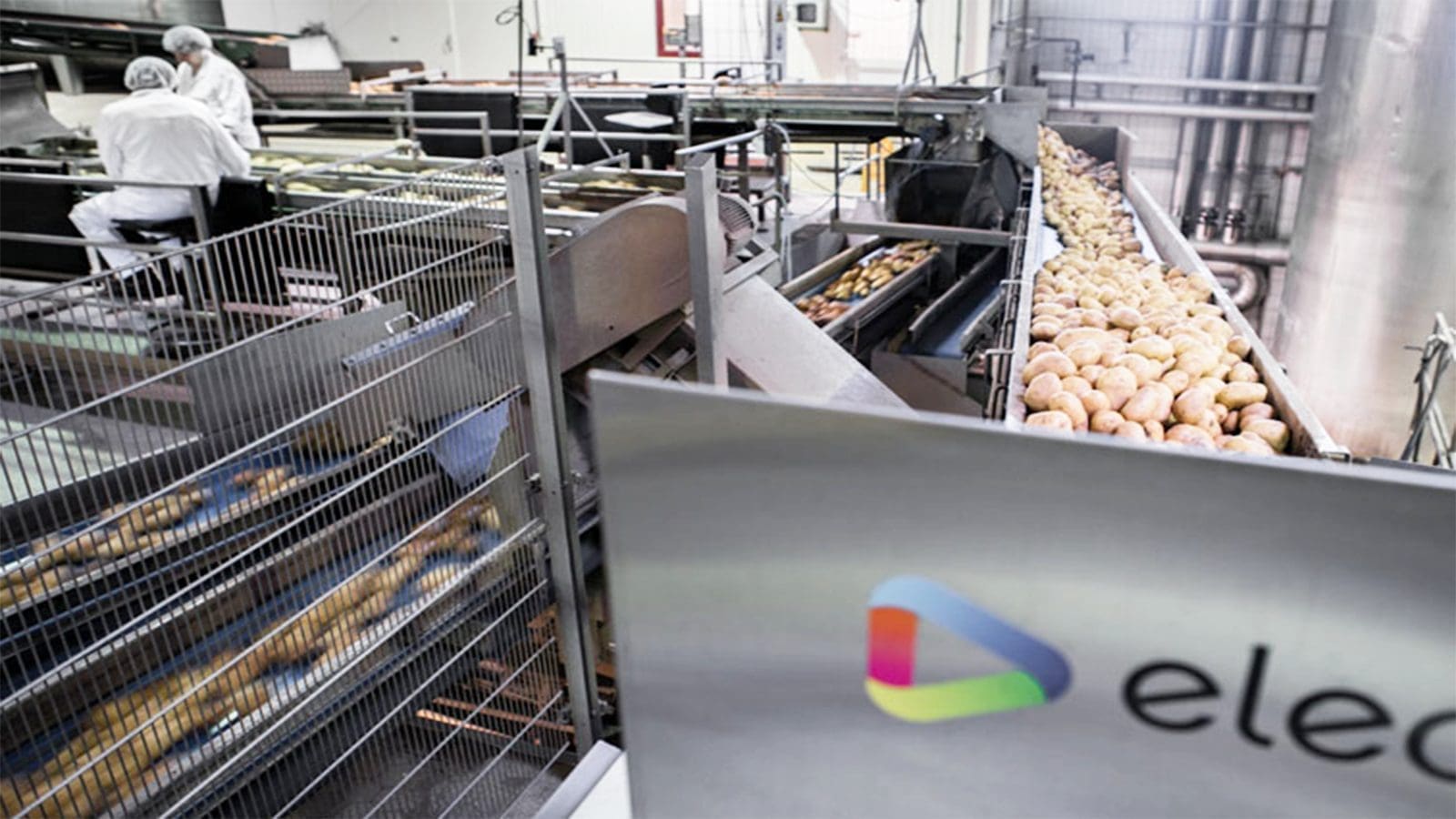FRANCE – A study published in the journal Eurosurveillance has found that dried sausages made by one French company at the same time were responsible for two Salmonella outbreaks that impacted about 44 people.
33 individuals were infected with Salmonella bovismorbificans between September and November 2020, while 11 patients were infected with monophasic Salmonella Typhimurium between October and December 2020.
Santé publique France’s epidemiological studies connected the illnesses to dry pork sausages made by France Salaison between September and November 2020.
In November, three recalls of items containing dried pork were issued, impacting eight stores.
Salmonella bovismorbificans and monophasic Salmonella typhimurium were both obtained from several food items, however, only one sample contained both strains, according to qPCR analysis.
Standard operating protocols in microbiology laboratories may miss outbreaks brought on by various strains of Salmonella.
Single-agent infections are the focus of current diagnostic procedures, not multi-serotype infections.
The researchers claimed that the results show the need for better protocols to better detect Salmonella contamination of food products.
19 children under the age of 13 who ranged in age from a few months to 69 were sickened by the Salmonella bovismorbificans outbreak, and 17 of them were female.
Seven people were hospitalized, and the onset of symptoms varied from September 22 to November 16, 2020.
23 parents were interviewed by Santé publique France. 23 respondents claimed to have shopped at a single supermarket chain; 22 of them consumed dried pork sausages and 17 of them purchased the same France Salaison brand.
Loyalty card numbers helped identify unreported purchases in four other cases.
Patients in the monophasic Salmonella typhimurium outbreak ranged in age from 2 months to 49 years, with seven of them being men. The two-month-old infant was a secondary case.
Between October 27 and December 14, 2020, three patients experienced symptoms that required hospitalization.
Nine individuals mentioned having recently consumed dried pork sausages, and eight of them mentioned the same retailer and brand as the second outbreak.
Cite incident-control measures
Manufacturer and regional food lab traceback tests on the batch thought to be responsible for the Salmonella bovismorbificans outbreak in November 2020 came back negative.
However, Salmonella bovismorbificans was identified from leftover dried pork sausage from this batch that was sent to the National Reference Laboratory by a patient.
“Although post-purchase contamination by the patient might be possible, the epidemiological data and the absence of new cases following the recalls and withdrawals strongly supported the hypothesis that the product was contaminated before the sale,” said researchers.
Following the discovery of the second monophasic Salmonella typhimurium outbreak in January 2021, investigations turned up yet another batch of suspect products from the same producer.
The company applied reinforced self-control, and one sample had monophasic Salmonella Typhimurium.
Salmonella bovismorbificans and monophasic Salmonella typhimurium were both discovered in the retested sample of leftovers, though at lower concentrations.
According to the report, contamination at the producer was suspected, but no upstream checks were carried out because they were not necessary and the staff was in short supply.
Midway through November 2020, the retailer Leclerc announced the first recall and withdrawal of two varieties of dry pork sausages under the Saint Azay brand.
A couple of days later, two more batches of sausages from two different brands were recalled because they used the same raw meat as the first brand’s batch.
The subject of a third warning concerned sandwiches from a fourth brand that were sold at five supermarkets and cooked with sausages from the offending producer.
The firm recalled all potentially contaminated batches of dried pork sausages with production dates up to December 8, 2020.
Despite the fact that contaminated dried pork sausages were sold in Belgium, Luxemburg, Poland, Portugal, and Slovenia, no illnesses were linked to them, as reported by Food Safety News.
For all the latest food safety news from Africa and the World, subscribe to our NEWSLETTER, follow us on Twitter and LinkedIn, like us on Facebook and subscribe to our YouTube channel.








